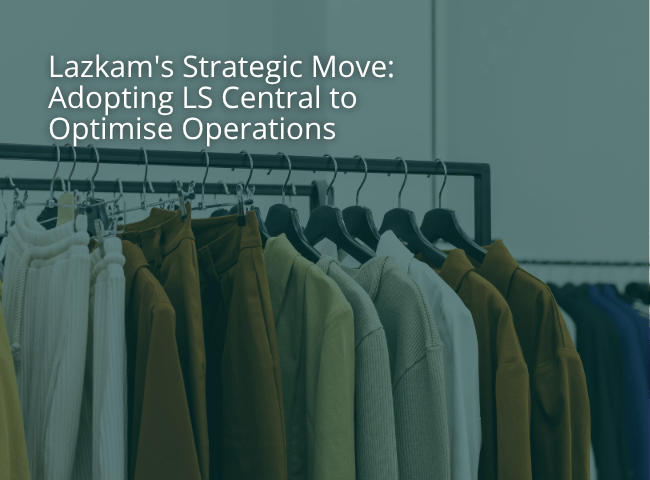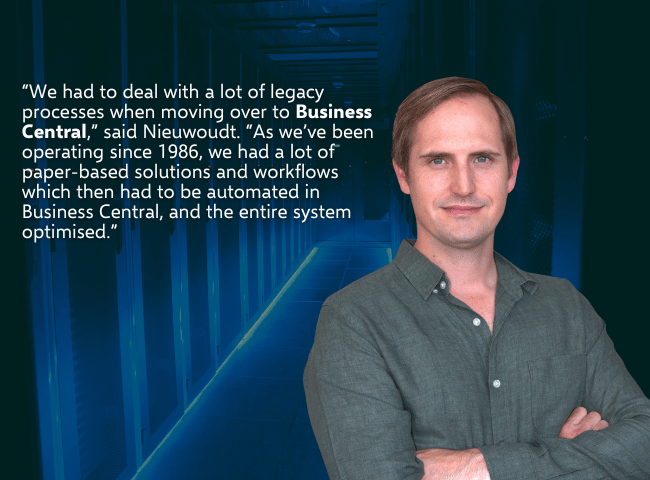How Hybrid Cloud Revolutionises Workflows, Unleashes Advanced Services and Maximises Potential in Manufacturing, Supply Chain, and Finance.
In the ever-evolving landscape of cloud technology, the hybrid cloud stands as a beacon of innovation, transforming industries and reshaping the way businesses operate. In this deep dive, we explore how manufacturing, supply chain, and finance are leveraging the intricacies of hybrid cloud, optimising workflows, exploring advanced cloud services and unlocking the full potential of this hybrid infrastructure.

Optimising Workflows in Manufacturing
Manufacturing processes, historically tethered to on-premises systems, are undergoing a profound shift with the adoption of hybrid cloud:
Agile Production Environments: Hybrid cloud allows manufacturers to dynamically scale their infrastructure, adapting to fluctuating production demands. This agility optimises workflows, ensuring efficient resource utilisation and reducing downtime.
Predictive Maintenance: Integrating advanced analytics in the cloud with on-premises machinery data enables predictive maintenance. Manufacturers can foresee equipment issues, schedule maintenance proactively, and minimise disruptions in the production line.

Exploring Advanced Cloud Services in Supply Chain
For the intricate web of supply chain management, hybrid cloud adoption brings a suite of advanced services:
Real-time Visibility and Collaboration: Hybrid cloud solutions provide real-time visibility into the supply chain. From raw materials to end-user delivery, stakeholders can collaborate seamlessly across geographies, ensuring synchronised operations and responsive decision-making.
AI-Driven Demand Forecasting: Leveraging cloud-based artificial intelligence, supply chain professionals can enhance demand forecasting accuracy. This empowers businesses to optimize inventory levels, reduce holding costs, and respond swiftly to market fluctuations.

Unlocking Financial Innovation
In the finance sector, where security and compliance are paramount, hybrid cloud adoption opens doors to innovation:
Enhanced Data Security: Sensitive financial data can reside in secure on-premises environments, while the cloud handles non-sensitive operations. This dual approach ensures compliance with stringent regulations without sacrificing the benefits of cloud scalability.
Big Data Analytics for Decision-Making: By harnessing advanced cloud-based analytics, financial institutions gain insights into customer behaviour, risk management and market trends. This data-driven approach enhances decision-making, improving overall operational efficiency.
Maximising the Potential of a Hybrid Infrastructure
Across manufacturing, supply chain, and finance, the full potential of a hybrid infrastructure is realised through strategic integration and holistic planning:
Cost Optimisation: Hybrid cloud models enable businesses to optimise costs by utilising on-premises resources for critical operations and leveraging the cloud for scalable and non-sensitive tasks. This hybrid approach ensures cost-effectiveness without compromising performance.
Scalability Without Boundaries: The flexibility of a hybrid infrastructure allows organizations to scale resources seamlessly. Whether expanding manufacturing capacity, enhancing supply chain operations, or meeting the computational demands of financial analytics, businesses can scale as needed.
As we witness the unfolding transformation in manufacturing, supply chain and finance, the advantages of hybrid cloud adoption become increasingly clear. The optimisation of workflows, exploration of advanced cloud services, and unlocking the full potential of a hybrid infrastructure herald a new era of innovation. Stay tuned for upcoming series of blogs, where we will delve into real-world examples, showcasing how organisations in these industries can harness the power of hybrid cloud to drive tangible business outcomes and position themselves as leaders in their respective fields. The journey towards a future-ready digital landscape is marked by continuous innovation, and hybrid cloud is undeniably at the forefront of this revolution.








